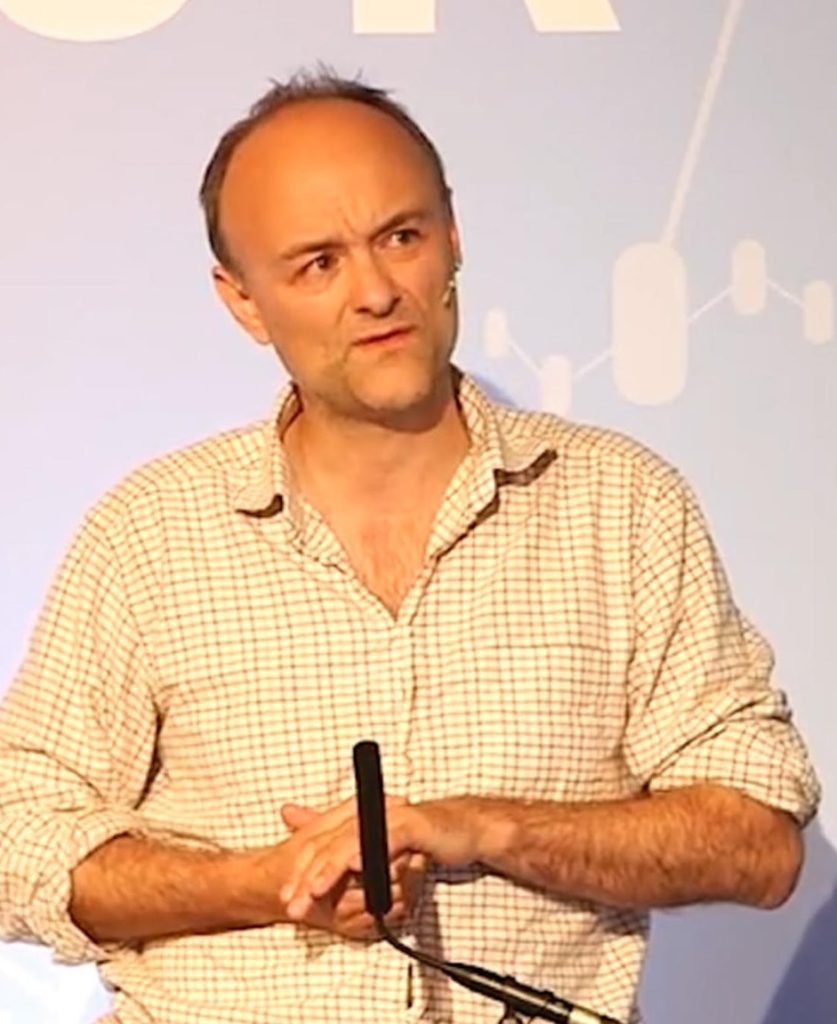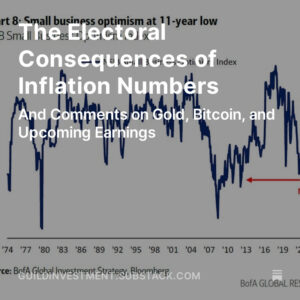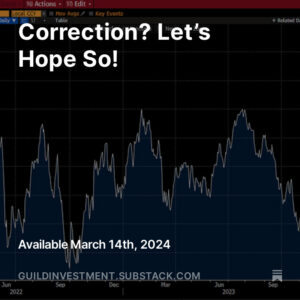Over the past few years, a new movement has emerged in many countries around the world, taking different forms in different places, and often labeled by the news media with the deceptively simple term “populism.” However, that term doesn’t capture some of the most important aspects of the historic process that has been unfolding, and that has threatened to upset and reshape many established political and economic structures and systems. We’ve seen it from the disorderly demise of entrenched Middle Eastern autocracies, to the fracturing of the Eurozone, to a rancorous conversation in U.S. media and culture about globalization, inequality, identity, and other hot-button topics.
Underlying these disparate movements is a sentiment that the establishment has it wrong, that the pressing problems felt by the citizens of many countries are not going to be solved by sticking to the same old ways of thought and action. This discontent has manifested across the political spectrum and shaken up political parties and groupings from the far left to the far right, and everything in between. It has led to the rise of politicians who — whether you think they’re hucksters or saviors — are willing to propose big changes and grand visions, rather than just incremental tweaks. This could be good, or it could be bad — but it is a major theme that investors should watch, because it will influence the political, economic, social, and technological landscape for decades to come.
Often, the new wave of “populists” has brought in advisors from outside the established, mainstream in-groups of experts who dominate elite discourse about public affairs. Those advisors can be influential. Investors who want to track and anticipate the trends that will shape markets should watch beyond the “headliners,” beyond the politicians themselves, and pay attention to the advisors and thought leaders they are bringing on board to implement their disruptive agendas.
Disruption in the U.K.
The 2016 Brexit vote, in which the U.K. decided to leave the European Union, was one of the recent earthquakes that announced the arrival of the populist wave in global politics.
The “Vote Leave” campaign — the organized political effort to ensure that U.K. citizens voted to get out — was directed by Dominic Cummings, an Oxford graduate and longtime political strategist and think-tank consultant in the U.K. Like many “disruptive outsiders,” he worked with politicians, in this case serving as a strategic advisor to Conservative Party leader Iain Duncan Smith in the early 2000s. He left in frustration, believing that the organization under Smith was not receptive to his ideas about modernizing the Party, and has disavowed any particular party loyalty. The Guardian, a left-leaning paper, described Cummings as “mad, bad, or brilliant — and probably a bit of all three,” and asked rhetorically about him: “Dominic Cummings: brilliant eccentric or evil genius?”

When Boris Johnson won the premiership of the U.K. in July 2019, he brought Cummings on board as his “Chief Special Advisor.” So what makes Cummings tick?
Recently, we read a piece in The Economist describing Cummings’ longstanding interest in setting up a U.K. equivalent of DARPA, the U.S. “Defense Advanced Research Projects Agency.” Readers probably know DARPA as an organization that was originally created in the wake of the Soviet Union’s successful launch of Sputnik. It was intended to put the U.S.’ best and brightest minds to work to “invent the future,” in the phrase of U.S. computer scientist Alan Kay.
Over the next few decades, DARPA was a seed-bed for the technologies that have since transformed the world — those fundamental advancements that have given us personal computers networked into a global communications system. One of the early visionary internet architects who worked with DARPA was MIT computer scientist J.C.R. Licklider, who in 1962 summed up that vision by saying, “Computers are destined to become interactive intellectual amplifiers for everyone in the world, universally networked worldwide.” That prophetic vision, put into practice by an organization where brilliant minds were given free reign and ample budgets to realize it, laid the foundation for the world we currently inhabit — and for much of the improvement in quality of life, productivity, and access to knowledge that we take for granted.
We went back and read some of Cummings’ prolific blog posts on the subject of creating a “British DARPA” — a research and development organization that would be free from creativity-crushing bureaucracy and would put the U.K. in the forefront of the next wave of technological change. Here are a few excerpts.
Politicians Need New Ways of Thinking
“[Politicians] are trapped in thinking about today and their careers. They are trapped in thinking about incremental improvements. Almost nobody has ever been part of a high performance team responsible for a complex project… Their daily activity is massively constrained by the party and state bureaucracies that incentivize behavior very different [from] what humanity needs to create long-term value… It is very very hard for humans to lift our eyes from today and to go out into the future and think about what could be done to bring the future back to the present. Like ants crawling around on the leaf, we political people only know our leaf. Science has shown us a different way. Newton looked up from his leaf, looked far away from today, and created a new perspective — a new model of reality…
Why DARPA’s Example Is Important
“The panic over Sputnik brought many good things such as a huge increase in science funding. America also created the Advanced Research Projects Agency (ARPA, which later added ‘Defense’ and became DARPA). Its job was to fund high risk / high payoff technology development. In the 1960s and 1970s, a combination of unusual people and unusually wise funding from ARPA created a community that in turn invented the internet, or ‘the intergalactic network’ as Licklider originally called it, and the personal computer. One of the elements of this community was PARC, a research center working for Xerox. As Bill Gates said, he and Steve Jobs essentially broke [in], stole their ideas, and created Microsoft and Apple. The [DARPA] project has created over $35 TRILLION DOLLARS of value for society and counting…
“What does a process that produces ideas that change the world look like? Almost nobody tried to repeat this sort of research…
“[DARPA]… had visions rather than goals and funded people, not projects…
“Because of the normal distribution of talents and drive in the world, a depressingly large percentage of organizational processes have been designed to deal with people of moderate ability, motivation, and trust. We can easily see this in most walks of life today, but also astoundingly in corporate, university, and government research. [DARPA]… had two main thresholds: self-motivation and ability. They cultivated people who had to do [their work], [whether they were] paid or not and whose doings were likely to be highly interesting and important… The situation was out of control, yet extremely productive and not at all anarchic.
“Out of control because artists have to do what they have to do. Extremely productive because a great vision acts like a magnetic field from the future that aligns all the little iron particle artists to point to ‘North’ without having to see it. They then make their own paths to the future… The results were an enormous collection of breakthroughs.
“High percentages of failure are quite OK as long as enough larger processes succeed… [I]n most processes today — and sadly in most important areas of technology research — the administrators seem to prefer to be completely in control of mediocre processes to being ‘out of control’ with super-productive processes. They are trying to ‘avoid failure’ rather than trying to ‘capture the heavens…’
[Guild note: this is the basic difference between the visionary technology of the tech disruptors, and the calcified bureaucracy of many old-line tech incumbents.]
“The [DARPA] history shows that a combination of vision, a modest amount of funding, with a felicitous context and process can almost magically give rise to new technologies that not only amplify civilization, but also produce tremendous wealth for the society. Isn’t it time to do this again by Reason, even with no Cold War to use as an excuse?
“[E]very attempt since the 1950s to copy [DARPA]… in the UK has been blocked by [the U.K. political establishment]. The latest attempt was in 2014 when the Cabinet Office swatted aside the idea. Hilariously its argument was DARPA has had a lot of failures, thus demonstrating extreme ignorance about the basic idea — the whole point is you must have failures and if you don’t have lots of failures then you are failing!
“People later claimed that while [this] may have changed the world it never made any money for Xerox. This is [nonsense]. It made billions from the laser printer alone and overall Xerox made 250 times what they invested… before they went bust. In 1983 they fired Bob Taylor, the guy who made it all happen.
“They hated [Taylor] for the very reason that most companies hate people who are doing something different, because it makes middle and upper management extremely uncomfortable. The last thing they want to do is make trillions, they want to make a few millions in a comfortable way…
“[W]e should think hard about the [DARPA] example: how a small group of people can make a huge breakthrough with little money but the right structure, the right ways of thinking, and the right motives. Those of us outside the political system… need to change our perspective…
What It Has To Do With the Post-Brexit U.K.
“Britain leaving forces those with power to ask: how can all European countries trade freely and cooperate without subscribing to… bureaucratic centralism? This will help Europe in the long-term. [T]hose who favor this bureaucratic centralism and uniformity, [should] reflect on the different trajectories of Europe and China post-Renaissance. In Europe, regulatory competition (so Columbus could chase funding in Spain after rejection in Portugal) brought immense gains. In China, centrally directed uniformity led to centuries of stagnation. America’s model of competitive federalism created by the founding fathers has been a far more effective engine of civilization, growth, and new knowledge…
“If Britain were to focus on science and education with huge resources and a new-found seriousness, then this regulatory diversity would help not just Britain but all Europe and the global science community. We could make Britain the best place in the world to be for those who can invent the future… [W]e could create whole new industries… No country on earth funds science as well as we already know how it could be done — that is something for Britain to do that would create real long-term value for humanity… We have the resources. But can we break the system open? If we don’t then we’re likely to go down the path we were already going down inside the EU…”
This Is What Has Boris’ Ear
This is an example of the kind of thinking that has Boris Johnson’s ear. Of course, we are under no illusions about Johnson himself, or about Dominic Cummings’ strengths and weaknesses as a strategist and an advisor. Both may turn out to be too mercurial to get their projects done, or those projects may turn out to be misconceived. Thus far, however, the evidence is positive, and so is the palpable energy of relief that surrounds the U.K.’s successful conclusion of the first stage of the exit process.
Investment implications: If outside advisors with good ideas succeed in winning influence in the “new U.K.” that emerges from the Brexit process, and re-ignites some of the U.K.’s entrepreneurial spirit, that could bode very well for the U.K. economy and for U.K. stocks. This will be a long-term process. If the U.K. does launch an initiative like the U.S.’ DARPA, the resources are there in tech-rich areas such as England’s “Silicon Fen” for U.K. companies to become a much more significant presence on the global stage.







